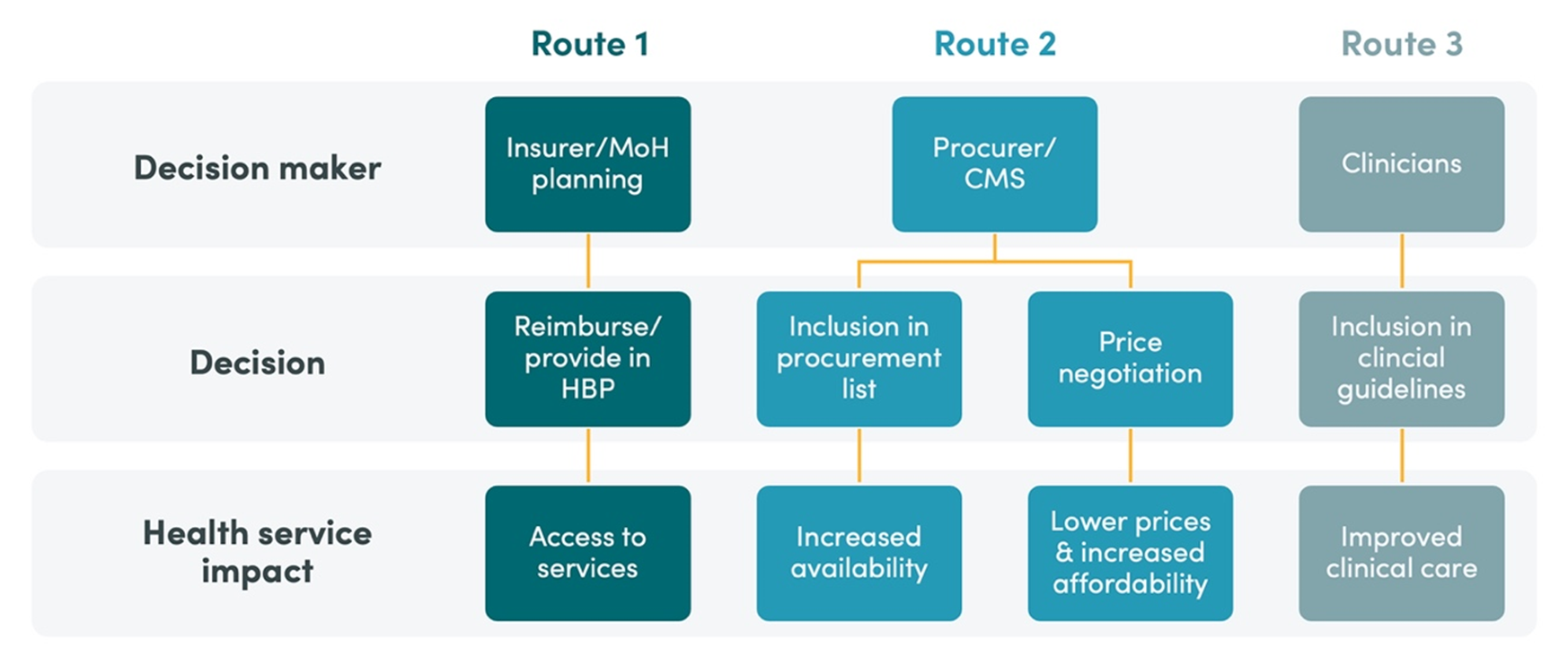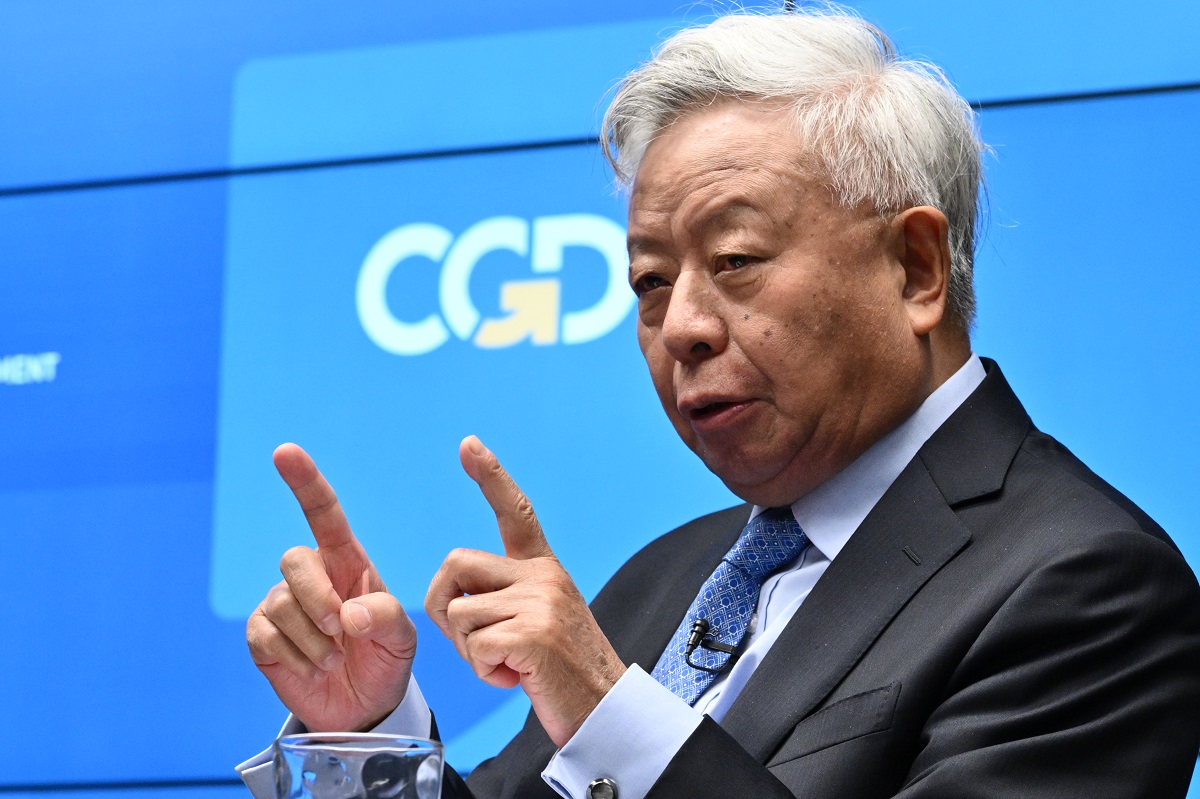March 29, 2016
There is no question that the “mega-regional” trade deals in the Pacific and across the Atlantic are big. If completed and implemented, they will cover a large portion of global trade and investment. In addition to that, American and European negotiators want the Trans-Pacific Partnership (TPP) and Transatlantic Trade and Investment Partnership (TTIP) to be “gold standard” agreements that establish the new rules of trade for a new century. The biggest concern arising from these mega-regional agreements, for the majority of developing countries that are not party to them, is that they will undermine the rules-based multilateral trading system. More immediately, preferential trade arrangements divert trade from outsiders, even if they create additional trade among the participants. And the new or expanded rules that US and EU negotiators want to establish as precedents for the global system will not always be optimal for poorer countries.
This paper examines the TPP text to identify provisions that are more or less development-friendly, especially for Vietnam, which is the poorest signatory to the deal by far. It then reviews what is under negotiation in the TTIP, and compares it to what is in the TPP, to assess what the implications for the other developing countries and the global trading system might be. Overall, I conclude that these mega-regional trade agreements are not likely to be as deep or as innovative as advertised. That, in turn, means that the impact on developing countries may not be as significant as feared, or, in some cases, as beneficial as hoped by those on the inside. The paper concludes with recommendations for US and EU policymakers that would mitigate potential negative effects for developing countries and for the multilateral trading system, including rules of origin that minimize trade diversion resulting from either traditional trade liberalization or regulatory cooperation. TTIP negotiators should also make it a model for a new generation of open, transparent trade negotiations that could begin to rebuild citizens’ trust in trade as a tool to improve their well-being.
Rights & Permissions
You may use and disseminate CGD’s publications under these conditions.





